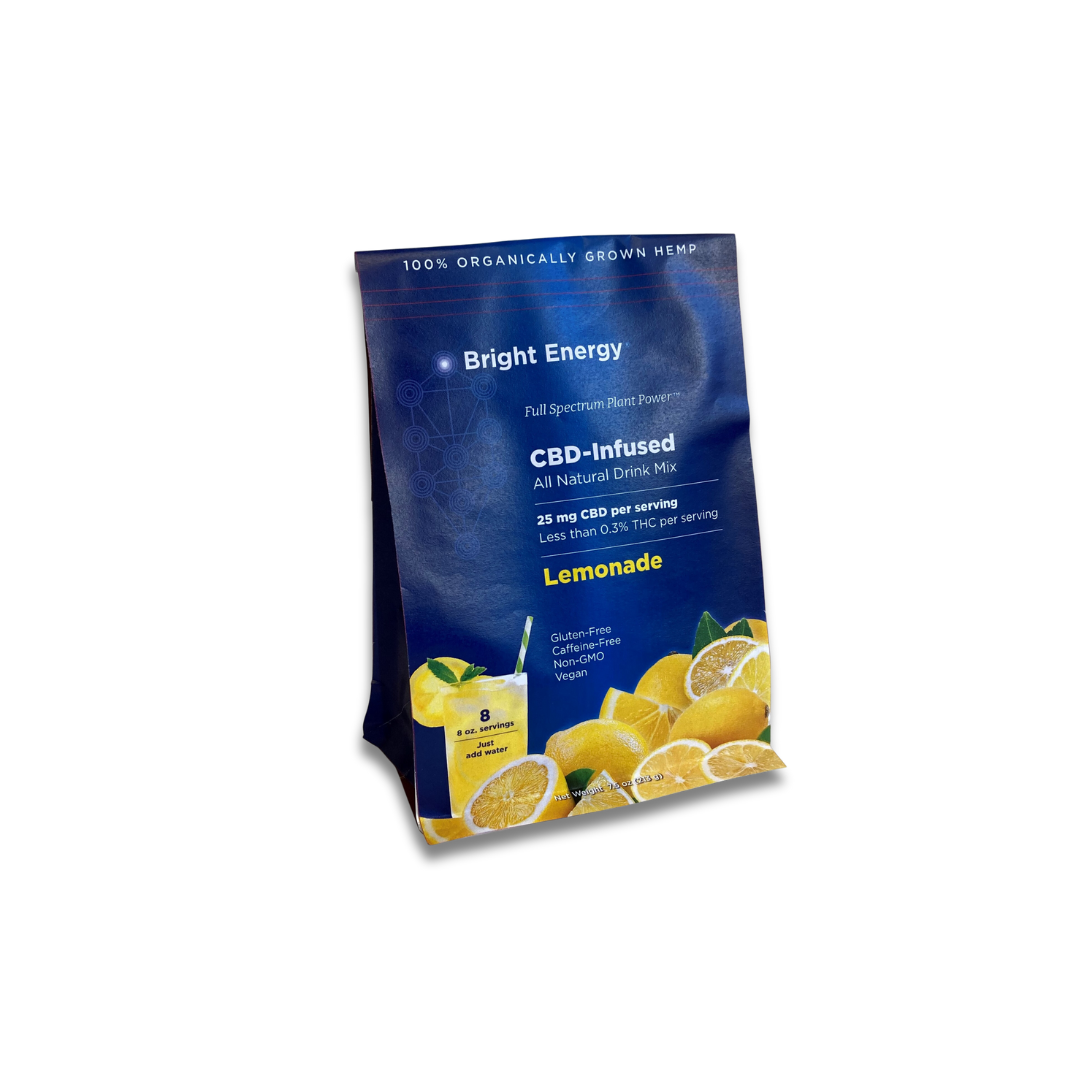Is CBD Oil Addictive? Unraveling the Facts
Cannabidiol (CBD) oil has surged in popularity, acclaimed for its potential health benefits, including pain relief, anxiety reduction, and improved sleep. However, with its connection to the cannabis plant, questions regarding its addictive properties arise. This blog delves into whether CBD oil is addictive, examining scientific evidence and understanding its mechanisms.
What is CBD Oil?
CBD oil is derived from the cannabis plant. Unlike its cousin tetrahydrocannabinol (THC), CBD is not psychoactive, meaning it doesn’t produce the “high” associated with marijuana. CBD impacts the central nervous system without the intoxicating effects, making it an area of interest for therapeutic purposes.
Examining the Addictive Potential of CBD
The World Health Organization (WHO) states that, in humans, CBD exhibits no effects indicative of any abuse or dependence potential. [ WHO Drugs (psychoactive): Cannabidiol (compound of cannabis) December 19, 2017 ] The organization further notes that to date, there is no evidence of public health-related problems associated with the use of pure CBD .
How CBD Works in the Body
CBD interacts with the endocannabinoid system (ECS), which plays a crucial role in regulating a range of functions and processes, including mood, pain, appetite, and sleep. Unlike THC, CBD does not directly bind to the ECS receptors. Instead, it modulates and enhances the receptor activity, which includes the potential to mitigate the addictive effects of other substances.
Research on CBD’s Addictive Properties
Several studies have explored the potential for CBD as a treatment for addiction itself. For instance, a review published in the journal Substance Abuse highlighted that CBD showed promise in treating tobacco and cannabis dependence [ Science Direct, Volume 132, September 2022 ] . The study noted that CBD could reduce the salience of cues associated with drug use and decrease the desire to consume substances .
CBD for Anxiety and Its Implications in Addiction
Anxiety disorders are commonly associated with substance use disorders, where individuals may turn to drugs or alcohol as a form of self-medication. CBD has been extensively studied for its anti-anxiety effects, which could indirectly reduce the reliance on addictive substances. A 2015 analysis of previous studies concluded that CBD oil could be an effective treatment for various forms of anxiety, including generalized anxiety disorder, panic disorder, social anxiety disorder, obsessive-compulsive disorder, and post-traumatic stress disorder .
Legal and Regulatory Status of CBD
In the United States, CBD derived from hemp (with less than 0.3% THC) is legal at the federal level; however, state laws vary. It’s important to ensure that the CBD oil you purchase is in compliance with local regulations, which can also impact its quality and safety.
How to Use CBD Safely
To minimize health risks and enhance the benefits of CBD oil:
- Purchase from reputable sources: Look for companies that provide third-party lab results for their products. At Bright Energy Wellness we ensure that our CBD products are made from the highest quality ingredients.
- Start with a low dose: Especially if you are new to CBD, starting with a lower dose and gradually adjusting is advisable.
- Consult healthcare providers: Particularly if you have underlying health conditions or are taking other medications.
Current evidence suggests that CBD oil is not addictive, with potential therapeutic benefits that may help reduce the dependency on addictive substances. Its interaction with the ECS, non-psychoactive properties, and ability to modulate various neurotransmitter systems present a profile that contrasts sharply with typical addictive substances. As research continues, CBD’s role in addiction treatment and its broader therapeutic applications remain promising areas for further study.


